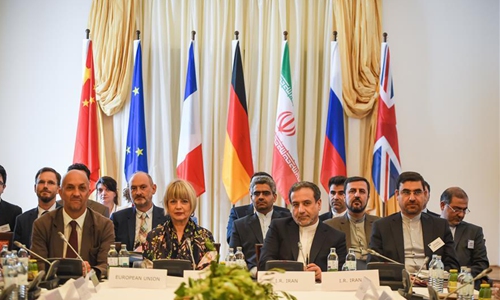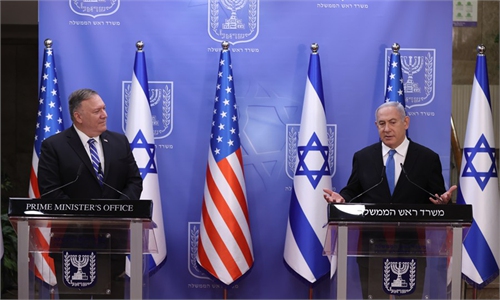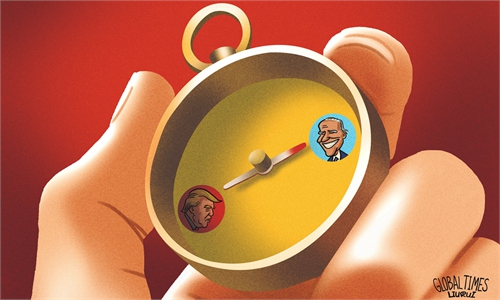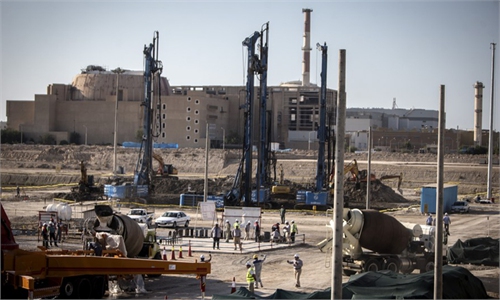UN court reveals it can hear case to overturn US sanctions on Iran

Delegates attend a meeting of the Joint Commission of the Joint Comprehensive Plan of Action (JCPOA) in Vienna, Austria, on July 28, 2019. The remaining Iran nuclear deal signatories reaffirmed their commitment to the Joint Comprehensive Plan of Action (JCPOA) and criticized the United States for its unilateral sanctions during a meeting here Sunday, according to Chinese delegate Fu Cong, director general of the Department of Arms Control at the Chinese Foreign Ministry. Photo:Xinhua
The UN's top court has said it can hear Iran's bid to overturn US nuclear sanctions reimposed by former US president Donald Trump, prompting "disappointment" in Washington, which had argued the issue lies outside its jurisdiction.Iran's foreign minister swiftly hailed Wednesday's decision as a "victory" in the case launched three years ago at the International Court of Justice (ICJ) in The Hague.
Tehran alleges that Trump, when he was US president, breached a 1955 friendship treaty between the two countries by pulling out of a 2015 nuclear deal - to the dismay of European allies - and reactivating the sanctions.
Washington had said the Hague-based ICJ did not have jurisdiction and must throw out the case. It also argued the sanctions were necessary because Iran posed a "grave threat" to international security.
But judges at the court rejected all the US objections.
ICJ President Abdulqawi Ahmed Yusuf said the tribunal "finds consequently that it has jurisdiction.... to entertain the application filed by the Islamic Republic of Iran."
The US State Department said it was "disappointed" by the decision.
A final ruling on sanctions by the ICJ - set up after World War II to rule in disputes between UN member states - could still be months or even years away.
The 2015 nuclear deal saw Tehran limit its nuclear powers and let in international inspectors, in return for an end to years of sanctions by the West.
After Trump pulled out, Iran invoked the 1955 "Treaty of Amity," which predates the 1979 Islamic revolution that overthrew the pro-US shah and severed ties with the US.
Iran said the reimposition of sanctions caused "hardship and suffering" and was "ruining millions of lives."
It is the second win for Iran in the case, after the ICJ ordered the US in 2018 to ease sanctions on humanitarian goods as an emergency measure while the overall lawsuit is dealt with.
In response, the US formally ended the Treaty of Amity that same year.
"Another legal victory for Iran," foreign minister Mohammad Javad Zarif tweeted on Wednesday.
AFP



